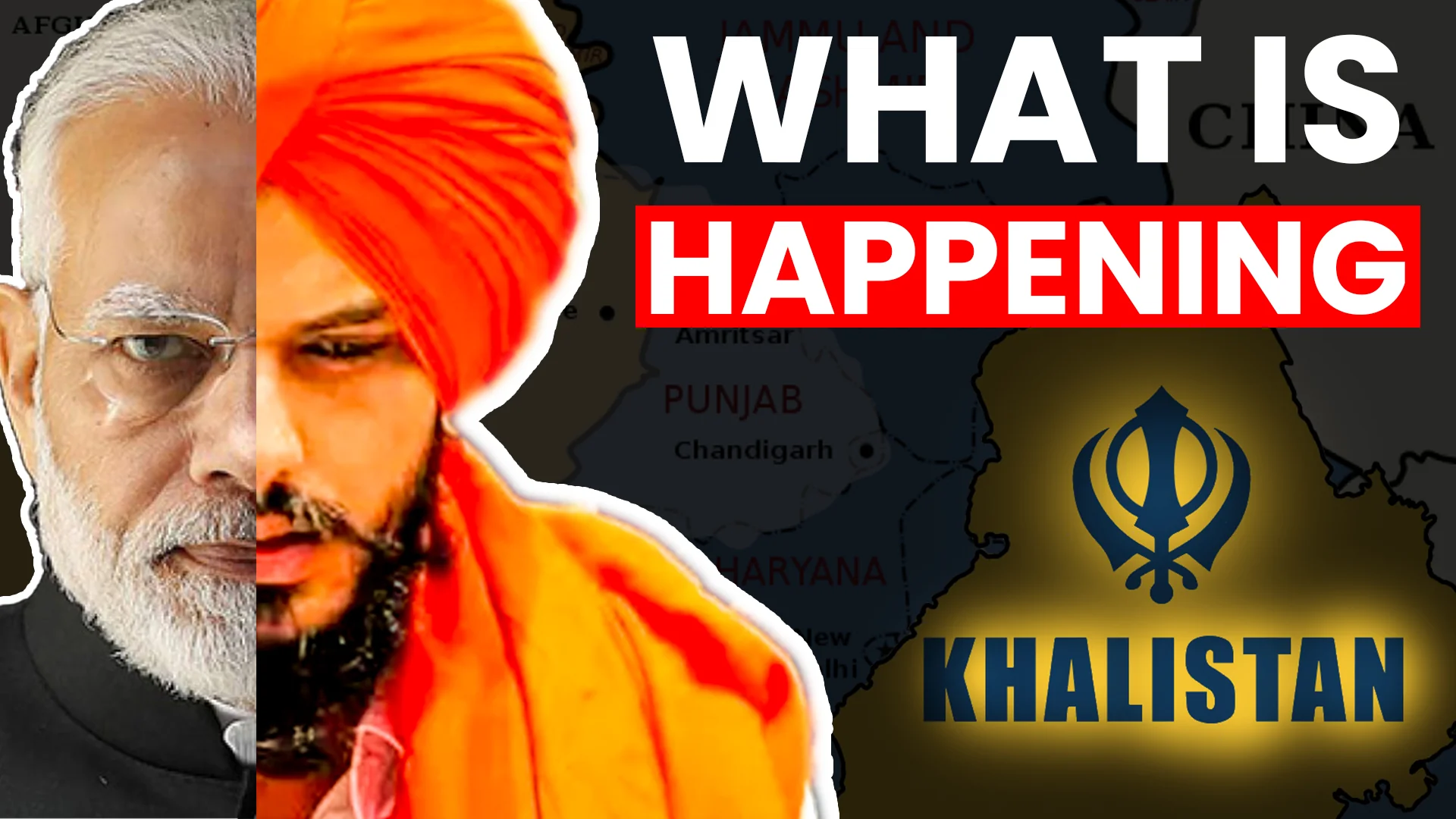“Who’s Really to Blame for Wars?”
Introduction:
War is a terrible part of our history, causing a lot of pain and changing the lives of many people. It’s important to figure out who is responsible for starting wars. In this article, we’ll talk about how nationalism, love for one’s country, can be used to trick people into fighting for a few powerful individuals. Sadly, it’s the regular people who suffer the most.
Nationalism as a Trick:
Nationalism can be a strong force that brings people together. But sometimes, leaders use it to get support for their own plans, even if those plans hurt most people. They use tricks to make war seem like a good thing, hiding the true cost of lives lost and the damage to society.
Tricking People’s Minds:
One sneaky part of starting wars is how leaders manipulate what people think. They use patriotic stories to make war seem noble and necessary. In reality, these stories hide the fact that regular people are being used to make a small group of powerful people even richer.
Looking at History:
Looking back, we can see many examples of leaders using nationalism to hide their real motives. In the First World War, many lives were lost because of hidden ambitions for power and money. More recently, conflicts in the Middle East have been about controlling resources and power, with regular people paying the price.
The Cost for Regular Lives:
When wars happen, it’s the everyday people who suffer the most. Families are torn apart, communities are destroyed, and people are left with both physical and emotional scars. We need to see that losing lives in war is not okay and should not be seen as normal.
Conclusion:
We need to question the stories that say wars are about defending our country. The blame for wars doesn’t lie with the soldiers but with the powerful people pulling the strings behind the scenes. Nationalism, when used wrongly, tricks people into giving up their lives for the benefit of a few. As we think about the true cost of war, we must focus on finding peace and understanding instead of letting a small group benefit at the expense of everyone else.



